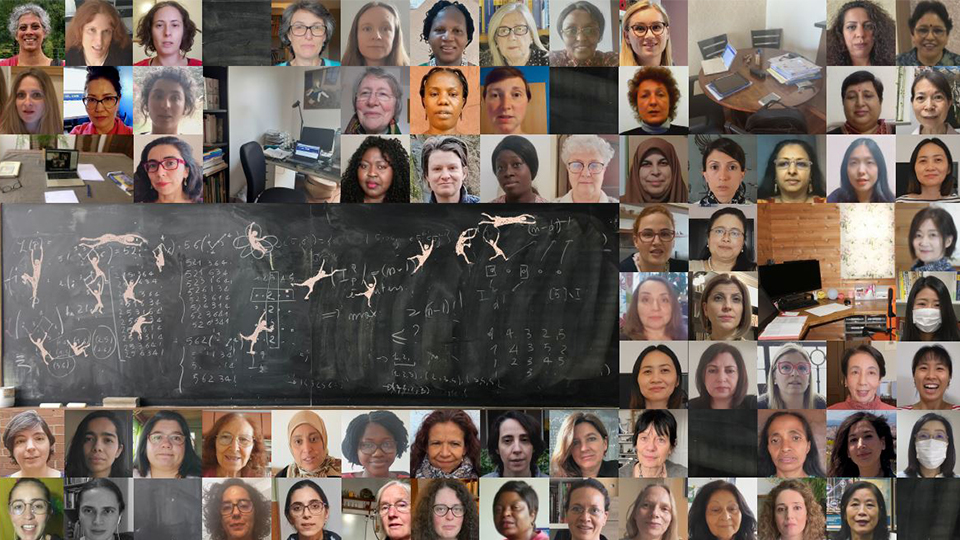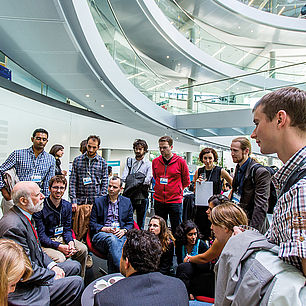This is a guest post by Storm Reinbolt, outlining a historical mathematical incident which almost caused a misdefinition!
π is an irrational number that is equal to 3.1415926535 (to 10 digits). Things could have been different, however, if Dr. Edward J. Goodwin succeeded in passing Indiana Bill No. 246. This bill would have completely changed π and mathematics as a whole.
In 1894, Dr. Goodwin, a physician who dabbled in mathematics, claimed to have solved some of the most complex problems in math. Among these was the problem of squaring the circle, which was proposed to be impossible by the French Academy in 1775. This is impossible due to the fact the area of a circle is $\pi \cdot r^2$, where $r$ is the radius, and the area of a square is $s^2$, where $s$ is the length of each side.
This was proven by Ferdinand von Lindemann in 1882, and is what makes squaring a circle impossible.
In order to square a circle, $\pi \cdot r^2$ must be equal to $s^2$. For example, if $r=1$, we would have $\pi \cdot 1^2 = s^2$, or $\pi = s^2$. This would mean that each side of the square is equal to the square root of π, and since π is transcendental, there’s no algebraic expression that could describe π.
Regardless, Goodwin claimed to have done it, and published his paper to American Mathematical Monthly in 1894. It was gibberish, and no amount of understanding in mathematics would make his work comprehensible. He claimed nine different values of π across his many works, with one claim going as far as $9.2376\ldots$, “the biggest overestimate of π in the history of mathematics” (A History of Pi). When his theories weren’t becoming popular, he decided to take them to the Indiana State Legislature on January 18, 1897.

Goodwin had convinced his state representative, Taylor I. Record, to introduce House Bill 246 (Indiana Bill No. 246). House Bill 246 would make Goodwin’s method of squaring the circle a part of Indiana law. However, those in the legislature either didn’t understand or didn’t even glance at the bill – and the House Committee on Canals decided to pass it. Dr. Goodwin’s ridiculous bill was now headed to the senate.
At the statehouse where the senate took up the bill was Professor Clarence Abiathar Waldo, a mathematics professor from New York. When Waldo heard what the bill was about, he was shocked to discover he was in the middle of a debate on a fundamental principle of mathematics. He decided to intervene and talk to the senators about the repercussions the bill would have on everything mathematics, and was able to stop the bill from passing the second chamber.
After Waldo’s intervention, it was clear to everyone that the people involved in the attempted passing of the bill, including Dr. Goodwin, were all wrong, and it was ridiculous to define mathematical truth by law.











